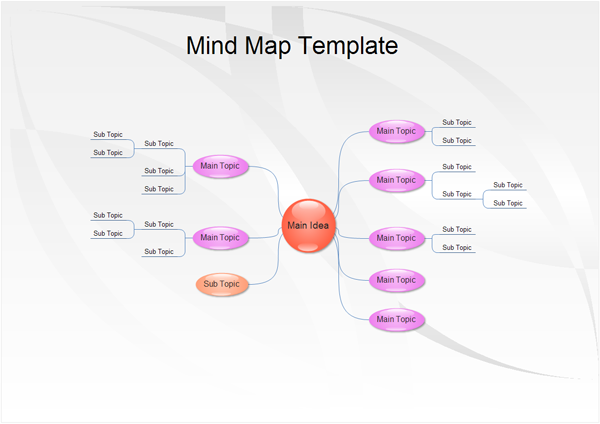WEEK 1
THE SENTENCE
A sentence is
–
a unit of words
–
simple, compound,
complex, and compound-complex
–
made of a subject
and a verb, and a complete thought
Subject
–
The simple
subject is the singular noun or plural nouns that do the action of the verb.
–
The complete
subject is the simple subject with any modifiers.
Verb
–
The simple verb
may consist of one word or a group of words.
These are the action words of the sentence.
–
The complete
subject is also called the predicate. It
contains modifiers, direct objects, and indirect objects.
Fragment
–
A fragment often
looks like a sentence with a capital letter and an end punctuation. However, it is missing a subject, a verb, or
a complete thought.
The Run-on
–
A Run-on sentence
is two or more sentences improperly joined by wrong puncutaion, no punctuation,
or a conjunction that needs help from some kind of punctuation.
–
Correcting a
Run-on sentence
1.
Make two
sentences.
2.
Join the two
clauses by using a comma and a coordinating conjunction.
3.
Join the two
clauses with a semicolon.
4.
Join the two
clauses with a semicolon and a connector with a comma (but not a coordinating
conjunction.
5.
Subordinate one
of the clauses.
8 PARTS OF SPEECH
Verb
Verbs are commonly action
words. Verbs are in the following
categories:
Action, State of being, Linking, Groups of words
Verbs have voice
Active: the action
of the verb is performed by the subject of the sentence.
Passive: the
action of the verb is performed upon the subject of the sentence.
Agreement in number
Singular subjects and singular verbs; plural subjects and
plural verbs
All sentences have verbs
Imperative sentences may appear to be missing the
subject, but it is an understood “you.”
All verbs have four principal
parts:
1) present stem – e.g. look
2) past tense – e.g. looked
3) past participle – e.g. looked
4) present participle – e.g. looking
Noun
–
Nouns are words,
phrases or clauses that name a person, place, thing, idea, or quality.
–
Categories for
nouns: common, proper, compound,
collective, as adverbs, concrete, abstract, countable, non-countable, verbal
nouns (gerunds),
–
A noun can be
used in a sentence as a: subject, direct object, indirect object, object of a
preposition, predicate noun
Pronoun
–
A pronoun is a
word used in place of a noun. An
antecedent is a word or group of words to which a pronoun refers. If the antecedent is singular, the pronoun
must be singular. If the antecedent is
plural, then the pronoun must be plural.
–
The various types
of pronouns: Personal (Subjective case,
Objective case, Possessive case), Reflexive or intensive, Demonstrative, Relative,
Interrogative, Extended, Indefinite
Adjective
–
An adjective is a
word, phrase, or clause that modifies (changes, limits, describes, transforms,
qualifies) a noun or pronoun.
–
Adjectives anwer
the following questions: Which one? What
kind of? and How many?
–
Adjectives may be
placed before the noun, after the noun, or after a state of being or linking
verb.
Adverb
–
An adverb is a
word, phrase, or clause that modifies (changes, limits, describes, transforms,
qualifies) a verb, an adjective, or another adverb.
–
Adverbs answer
the following questions: How? When?
Where? To what extent? How much? How often?
Preposition
–
A preposition is
a word that links a noun or pronoun with some other word (usually a noun or a
verb).
–
A preposition
always comes before the noun (object of the preposition)
–
Prepositional
phrases can be adjectival or adverbial.
Conjunction
–
A conjunction is
a word or words used to join other words, phrases, or clauses.
–
Coordinating conjunctions: for, and, nor, but, or, yet, so (“FANBOYS”)
–
Correlative
conjunctions: either … or; neither …
nor; not only … but also; both … and; etc.
–
Adverbial
conjunctions: although, if, because,
since (these join subordinate clauses)
Interjection
–
An interjection
is a word or group of words expressing emotion or feeling.

